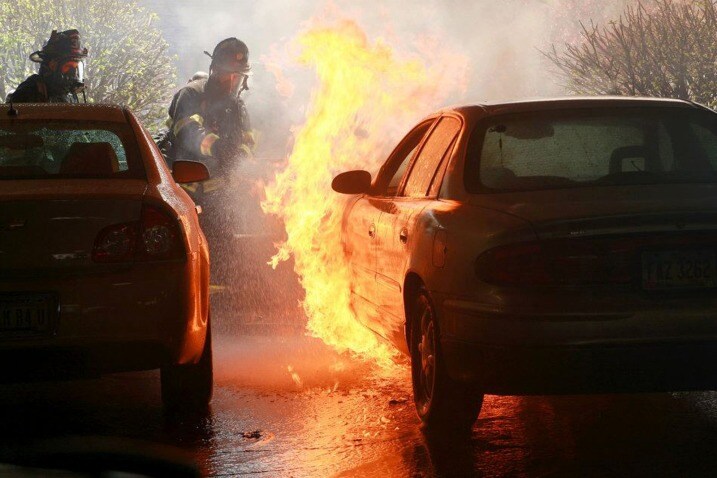Tracking Down Owners
GM has been diligent in trying to track down the owners of the recalled cars involved in the 3.8-liter V6 case, says GM spokesman Adler. It has sent letters a dozen times over the past three years attempting to reach everyone who owns one of the vehicles involved in the recall. The company gets owner addresses from state vehicle registration records compiled by R.L. Polk, a private vendor.
Likewise, Ford has issued a series of recalls since 1999 that cover more than 16.6 million cars and trucks equipped with a potentially faulty cruise control switch that can overheat and cause a fire. Ford has sent several letters to owners, but while millions of the vehicles have been repaired as a result, there are almost as many that haven't been fixed. In a recent filing with NHTSA, Ford reported that only 48 percent of the vehicles affected by the recall had been inspected or repaired.
Regulators and automakers worry constantly that not all of the vehicles will be repaired and that future owners might be caught unawares by severe problems, including car fires and brake and steering failures, that otherwise could have been prevented, says NHTSA spokesman Jose Uclés.
Meanwhile, NHTSA Administrator David Strickland told Edmunds, "A recall, by definition, means there is a problem that poses an unreasonable risk to safety. If it is not completed, the consumers are putting themselves at risk." That's why it's important for everyone with a recalled vehicle to get the work done, he says.
Currently, NHTSA does not have the authority to require used-car sellers to disclose recalls or make recall repairs, Strickland said. "It's a safety hole we are trying to close. The consumer should be well aware of a vehicle's status at the time of purchase, whether from a used-car dealer, an individual or a car rental company."
There have been previous attempts to use other avenues to catch recalled cars before they're resold. Clarence Ditlow, head of the Washington D.C.-based Center for Auto Safety advocacy organization, said that he's suggested in various forums over the years that the individual state motor vehicle departments could use the annual registration process to keep owners abreast of recall information by checking each VIN against automakers' lists.

